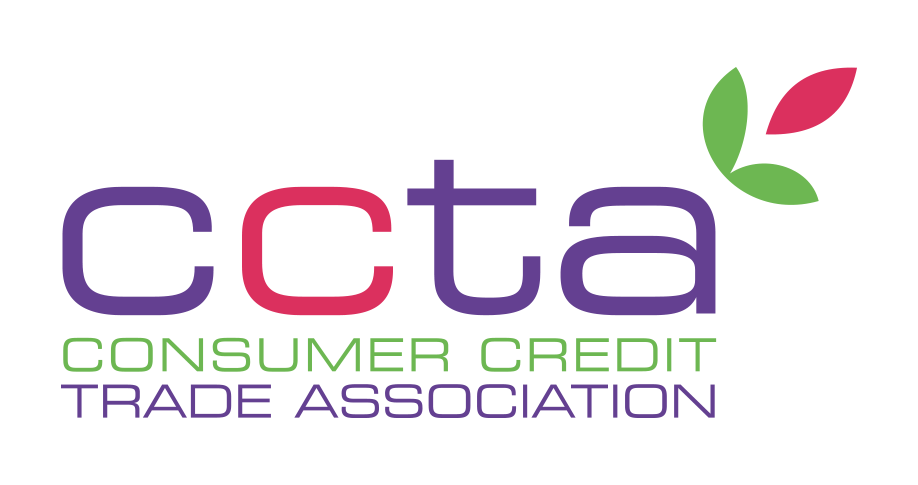Loans vs Credit Cards: Which Should You Get?
If you find yourself in a cash-strapped situation, obtaining a loan or credit card can be an easy way of getting funds relatively quickly. However, while they are both forms of credit, you should know the differences between them to find out which is best for you. Learn more...

Loans - Here’s What You Need to Know…
A loan, be it a personal loan or homeowner loan, is a lump sum of money provided to you as part of a credit agreement. The repayment period and amount are both fixed - you agree to a fixed term over which you will repay the loan, which defines how much you repay on the loan every month. Each time you make a loan repayment, the total amount left owing decreases. Included in your repayment is an amount to cover what you borrowed, as well as interest and fees. Unlike a credit card, once you have made a repayment on your loan you cannot access the funds again; it is not a revolving form of credit.
Benefits of a loan:
- - interest rates on a loan can be lower than on a credit card, depending on the amount borrowed and repayment term
- - interest rates can be fixed over the term - they will not fluctuate over time and your repayment amounts will remain the same over the term
- - ensuring you pay your instalments on time will benefit your credit score
- - offers a set repayment term
- - taking out an unsecured loan means you do not have to provide collateral
- - can be used for home improvements or renovations, home purchases or to buy a car
Credit Cards - Here’s What You Need to Know…
A credit card provides you with a fixed amount of revolving credit, meaning that you can spend what credit you are provided many times over, as long as you pay your instalments. Unlike loans, a credit card facility has no fixed term on it and is available to you for as long as you need it. The credit limit defined will not change, though you can apply to increase or decrease it as necessary. Although credit cards provide the convenience of being able to pay a minimum repayment amount every month, this can make it the more expensive option as interest in calculated on what you owe - meaning that if you do not pay all of what you owe back every month, the interest you owe and pay can be quite high.
Benefits of a credit card:
- - credit cards are often used for emergencies and unforeseen costs as the credit provided is always there, so long as you retain your repayments, unlike a loan, the amount of which is paid once-off into your account
- - this option is much safer than money in your bank account as, in the case of fraudulent activity, any funds stolen do not decrease the amount of money you actually have - instead, you can simply inform your credit provider who will most likely resolve the issue for you
- - perfect for those not looking to accrue long-term debt
- - efficient way of boosting your credit score, provided you retain your monthly repayments
- - some purchases are not possible with a debit card, such as renting a hotel room or a car; numerous companies are happy to accept credit card payments, while debit card payments are usually accompanied by collateral
- - monthly statements make it easy to track expenditure on your credit card
Which is Best for You?
The simplest way to figure out which form of credit is best for you is by asking yourself one question: what type of debt am I able to maintain, and for what purpose do I need this credit? If you are looking to make a large purchase, such as renovating your home or purchasing a new card, a loan may be the best option for you. However, if you are looking for credit to use in emergencies, or something to quickly bolster your credit score, a credit card may be a better option. Ultimately, you should consider the following factors before applying for either type of credit:
- - how long am I willing and able to have this debt for?
- - which can provide me with the best and most affordable interest rate?
- - what do I need the credit for?
- - which type of credit can I afford?
Credit brokers can assist you in finding credit providers, and may be able to help you identify which option is better for you by providing you with a number of credit offers.

